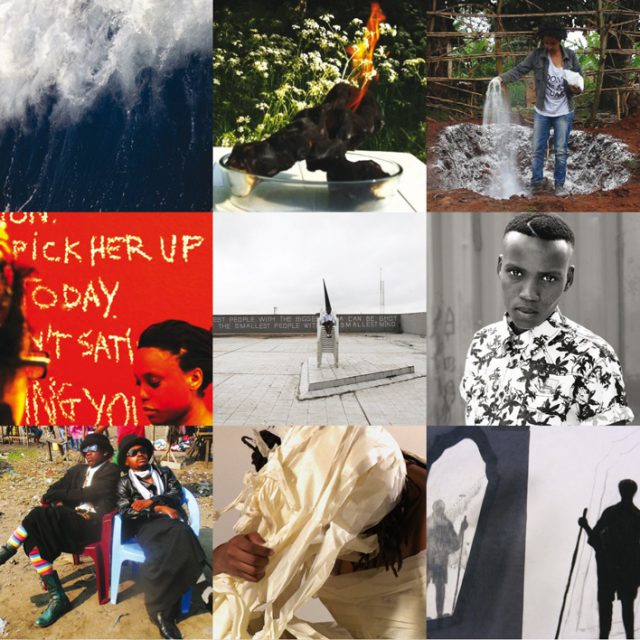qwatz – contemporary art platform presents “Cinema Extention“, a special screening program of 13 videos, shown for the first time in Italy, by selected Sub Saharian African artist, within the RAFF – RomAfrica Film Fest at Casa del Cinema in Rome.
The videos attempts to respond to three main themes:
• the relation between African and western culture re-interpreted by new generations;
• the questioning of cultural stereotypes and gender;
• urban and social transformations, reflecting political and social current dynamics.
The introduction of a focus on video art during a film festival points out an experimental dimension where new production and distribution channels can be opened, giving the opportunity to new symbolic interpretations of reality. Artist’s point of view can complete and argument the political and media perspective introduced by the film festival, with the direct experience of people on social changes and diverse cultural identities.
Working in a symbolic framework, Rehema Chacage (Tanzania) questions about gender issues through the perception of physicality in space and time. A similar approach is conducted by Dimitri Fagbohoun (Benin), who treat the themes of memory and politics, looking for a poetic and more human value of existence. Em’Kal Eyongakpa (Cameroon) uses real stories and collective memories to create a narrative rhythm made of repetitions and transformations, ranging between reality and illusion. The video by Monster Truck – the only European collective presented in the screening, formed by German artist who collaborated with Nigerian theatre company – give a contemporary interpretation of the myth of Mami Wata, representing the encounter between Africa and Europe. A more performative shape is that of Lerato Shadi, a South African artist using her body to measure the presence and the absence in relation to the identity of spaces and objects. Kenyan artist Ato Malinda concentrate her works on African feminism movement, reinterpreted through her personal experience in her social context. Admire Kamudzengerere (Zimbabwe) tell about the complexity of a multicultural society through a symbolic language, between performance and theatre. Ethiopian artist Helen Zeru Araya attempts to establish a direct contact with the audience, talking about everyday urban life. The other selected artists use more a documentary, photography and fiction approach: Mudi Yahaya (Nigeria), describe with irony current social changes, claiming for a new shift, while the Ethiopian artist Robel Temesgen attempt to understand the transformations of his context, particularly the urban environment; the interview of Zanele Muholi, a South African activist for the defense of South African black lesbians, explaining her approach to photography and inspiration. The works of Kiripi Katembo (Congo) and Ezra Wube (Etiopia) refers preeminently to painting, used to create visual experiments and compositing processes in an attempt to tell about the urban context.

